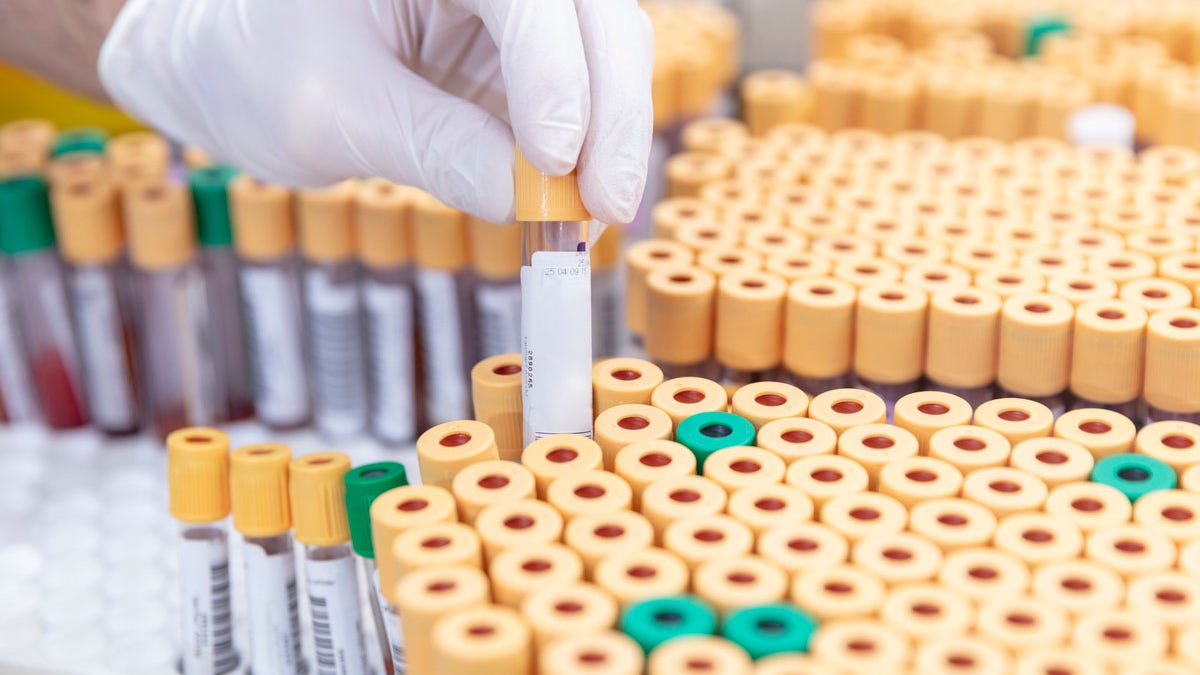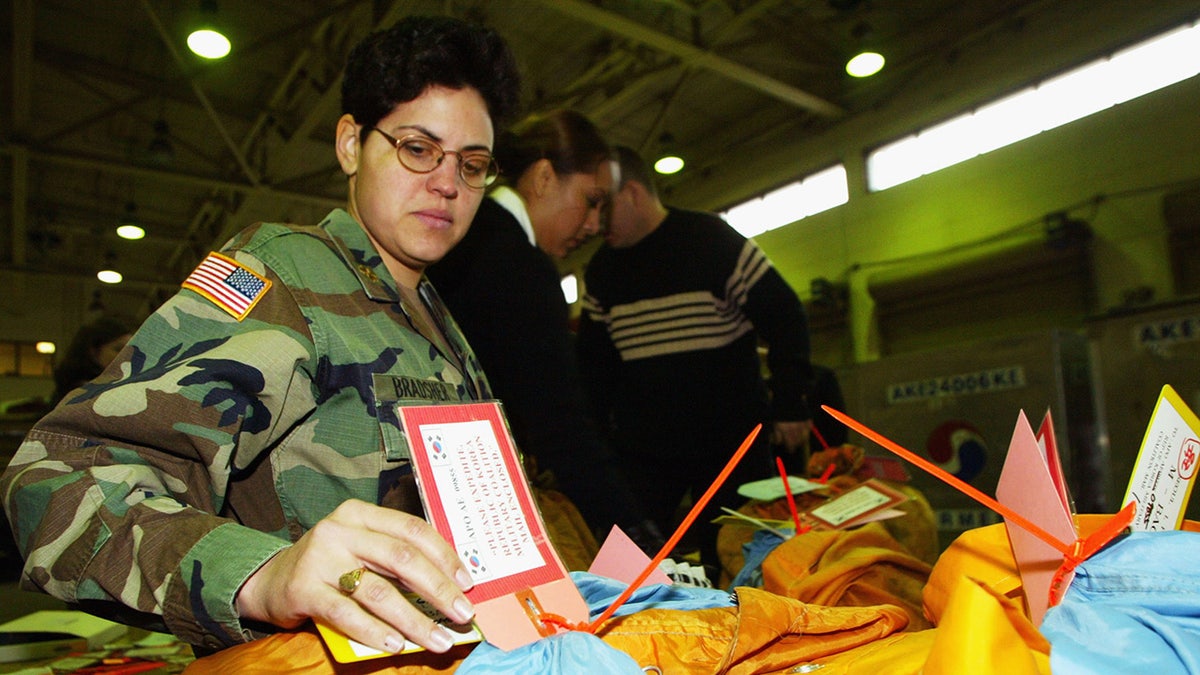Medical professionals are observing a concerning rise in kidney stone cases among children and adolescents, a shift from the past when this condition primarily affected middle-aged, White men. This increase is particularly noticeable during the summer months.
Research indicates a 16% rise in annual kidney stone occurrences between 1997 and 2012. Teenagers (15-19 years old) experienced the most significant increase, with a 52% higher incidence among females in this age group. Males tend to become more susceptible after age 25.
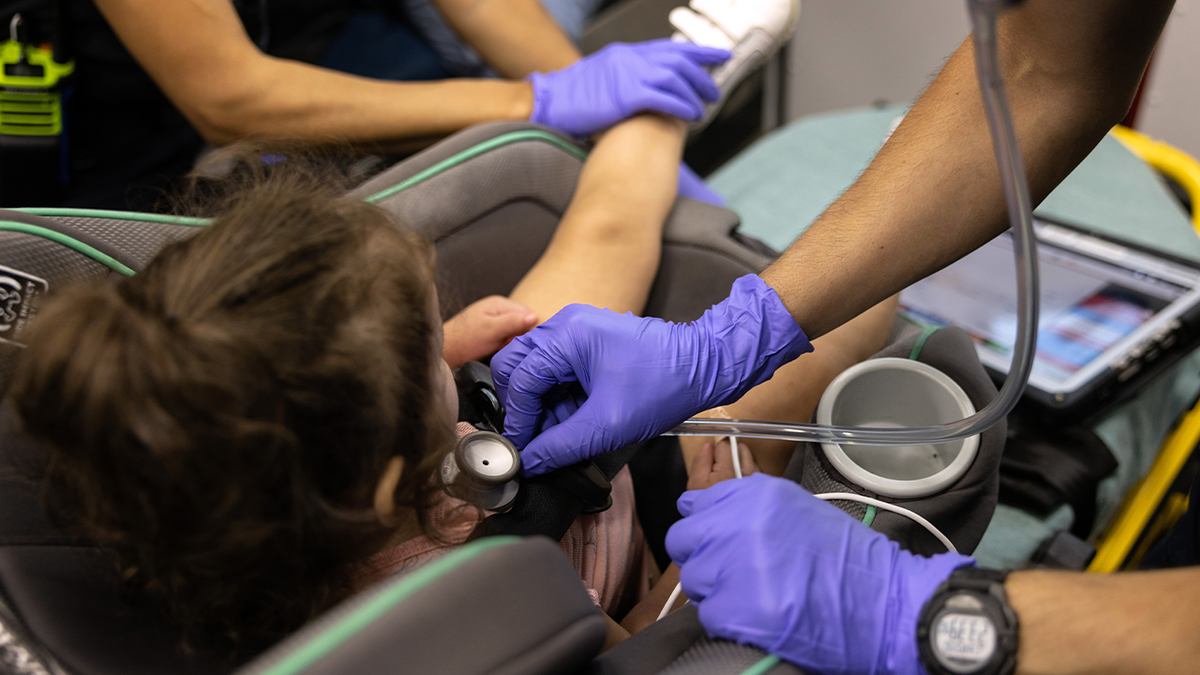
Kidney stones form when urine becomes excessively concentrated, leading to the crystallization of minerals like calcium and uric acid salts. Dehydration is a key factor in this process. These stones can lodge in the urinary tract, causing significant pain.
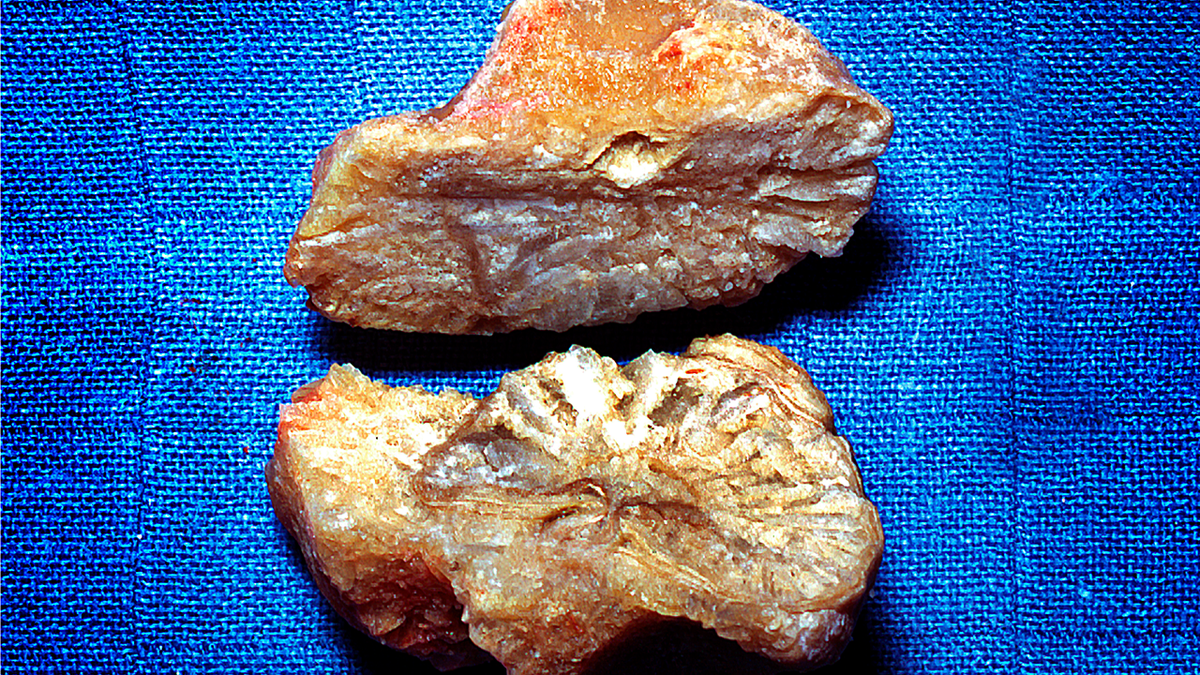
While the exact reasons for this increase in younger demographics remain unclear, experts suggest several contributing factors. Climate change, diets high in ultra-processed foods, and increased antibiotic use in children are all suspected of contributing to dehydration, a major risk factor for kidney stones.
Dr. Gregory Tasian, a pediatric urologist, highlights the connection between high temperatures and kidney stone occurrences. He notes that hot days, especially those with high humidity, correlate with a higher frequency of kidney stone issues, particularly in males. While climate change may not be the primary driver of the increase seen over the past two decades, it is projected to exacerbate the problem in the future.
Unlike adults, where kidney stones are often linked to obesity, hypertension, and diabetes, children developing stones are typically otherwise healthy. This lack of underlying conditions makes the rise in pediatric cases even more puzzling.
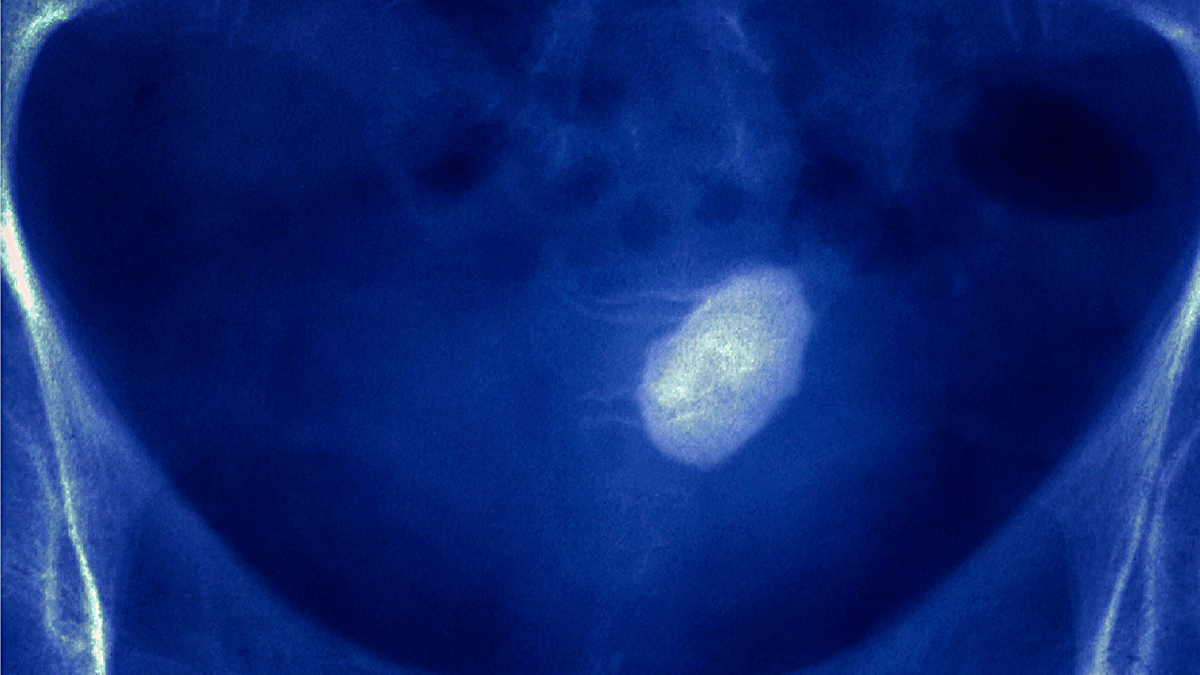
The surge in pediatric kidney stone cases, particularly during summer, has led to the establishment of specialized “stone clinics” in hospitals nationwide to address the growing demand for treatment. The significant change in environmental factors contributing to this trend warrants further investigation.





